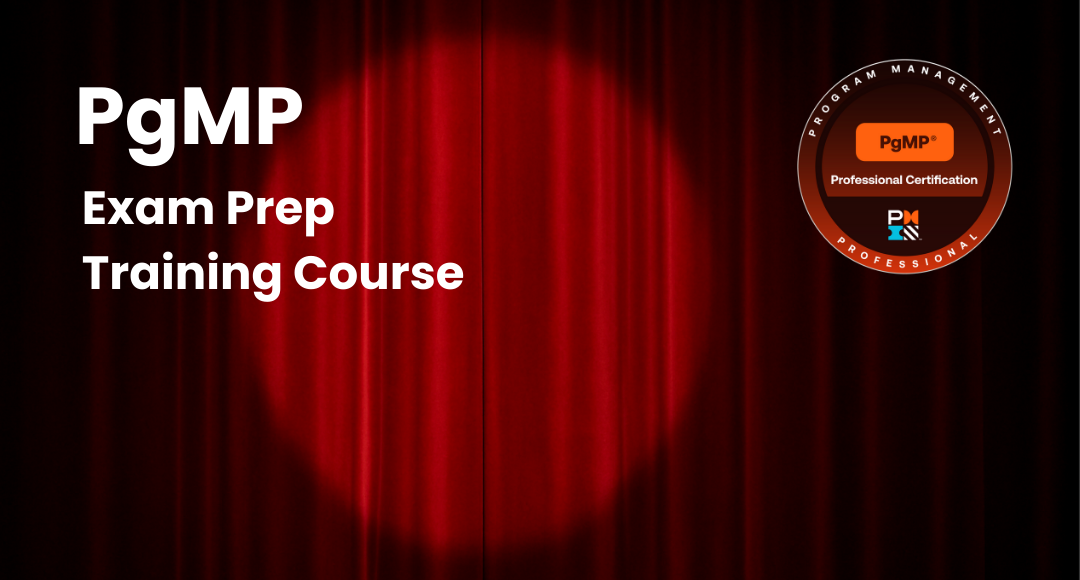Unlocking Career Opportunities in Product Management: Your Roadmap to Success
-
 By Sushmith
By Sushmith
- Published on Oct 25 2023

Table of Contents
- Who Is A Product Manager?
- Exploring Product Manager’s Career Paths
- Eligibility to Become a Product Manager
- Core Skills to Become a Product Manager
- Tips for Building a Product Management Career
- Common Challenges in Product Management Career
- Product Manager’s Salary and Demand
- Jumpstart Your Product Management Career
- FAQs (Frequently Asked Questions)
- Summary
Who Is A Product Manager?
In the fast-paced world of product development, a product manager serves as the captain of the ship, guiding the product from conception to launch. This role involves a unique blend of leadership, strategic thinking, and customer-centricity. Product managers are the visionaries who bridge the gap between customer needs and product solutions.
What is Product Management?
Product management is the backbone of any successful product-oriented organization. It's the discipline that helps companies create, develop, and manage products that resonate with their target audience. At its core, product management is about understanding customer needs, translating those needs into product features, and ensuring that the product is delivered to the market successfully.
Why is Product Management Important?
Effective product management is crucial because it bridges the gap between the business, engineering, and design teams. It ensures that a company's products not only meet customer expectations but also align with the company's strategic goals and objectives.
Key Aspects of Product Management:

Market Research: Product managers conduct thorough market research to identify customer pain points, preferences, and trends. This information informs the product development process.
Product Strategy: They define the overall product vision, strategy, and goals, which serve as a roadmap for the product's development and evolution.
Feature Prioritization: Product managers decide which features should be built and in what order, considering factors like customer impact and business value.
Cross-Functional Collaboration: They collaborate with various teams, including engineering, design, marketing, and sales, to bring the product to market.
User Feedback: Product managers gather and analyze user feedback to refine the product continually.
Exploring Product Manager’s Career Paths
As you delve into the field of product management, you'll find that it offers a multitude of exciting career paths and opportunities for growth. Product managers often have the chance to shape their careers according to their interests, strengths, and the industries they're passionate about. Here, we'll take a closer look at the diverse career paths within product management:

Associate Product Manager (APM):
- Entry-level position for recent graduates or those new to product management.
- Typically involves working closely with senior product managers and gaining hands-on experience in various aspects of product development.
Product Manager:
- The traditional product manager role, responsible for the overall strategy, development, and success of a product.
- Involves defining product roadmaps, working with cross-functional teams, and making critical decisions about features and priorities.
Senior Product Manager:
- A more experienced role with a focus on broader product portfolios or more complex products.
- Often involves mentoring junior product managers and playing a strategic role in shaping the company's product lineup.
Director of Product Management:
- A leadership role overseeing multiple product managers and product lines.
- Responsible for setting the overall product strategy, aligning it with the company's vision, and driving product innovation.
VP of Product:
- An executive-level position responsible for the entire product management department.
- Shapes the product strategy at the highest level and plays a pivotal role in the company's growth and success.
Chief Product Officer (CPO):
- The highest-ranking product management position in many organizations.
- Oversees all product-related activities, including strategy, development, and execution, and reports directly to the CEO.
Entrepreneur or Product Founder:
- Some product managers with a strong entrepreneurial spirit may choose to start their own companies or become founders of startups.
- This path allows them to build and lead their own product teams.
Specialized Roles:
- Beyond these standard career paths, product managers can specialize in areas like user experience (UX), data analytics, or product marketing, further diversifying their career options.
- It's important to note that the journey in product management is rarely linear. Many professionals move between these roles, gaining experience and expertise along the way. The path you choose depends on your interests, skills, and long-term career goals.
Eligibility to Become a Product Manager
Becoming a product manager is an achievable goal for individuals with a passion for innovation, a knack for problem-solving, and a desire to bridge the gap between customer needs and business objectives. To embark on a successful career in product management, here are the key eligibility factors and steps to consider:
Educational Background:
While there's no specific degree requirement to become a product manager, a background in business, computer science, engineering, or a related field can be beneficial.
Many product managers hold bachelor's degrees, while some pursue advanced degrees (e.g., MBA) for career advancement.
Work Experience:
Product management roles often require some level of professional experience.
Entry-level positions like Associate Product Manager (APM) may be accessible to recent graduates, while senior roles typically demand several years of experience.
Skills and Qualities:
Possessing certain skills and qualities is essential for success in product management. These include:
Communication: The ability to convey ideas clearly and collaborate effectively with cross-functional teams.
Analytical Thinking: Skills in data analysis and problem-solving to make informed decisions.
Empathy: Understanding user needs and pain points to create customer-centric products.
Leadership: The capability to lead and motivate teams toward a common product vision.
Certifications and Training:
Consider acquiring relevant certifications or taking courses to enhance your product management skills.
Sprintzeal, for example, offers specialized product management courses that can provide valuable knowledge and credentials.
Networking:
Building a professional network can open doors to opportunities in product management.
Attend industry events, conferences, and join online communities to connect with experienced professionals.
Project Portfolio:
Create a portfolio of personal or side projects that demonstrate your product management skills.
This can serve as tangible proof of your capabilities to potential employers.
Remember that the path to becoming a product manager can vary from person to person. Some individuals may transition from related roles, such as business analysts or software developers, while others may start as APMs or in similar entry-level positions.
Core Skills to Become a Product Manager
Product managers play a pivotal role in guiding products from conception to market success. To excel in this dynamic and multidisciplinary field, it's crucial to possess a diverse set of skills and qualities. Here are the core skills and qualities that will help you thrive as a product manager:

Communication Skills:
Effective communication is paramount for a product manager. You must articulate your vision, ideas, and priorities clearly to cross-functional teams.
Strong written and verbal communication skills are essential for presenting product strategies, roadmaps, and updates to stakeholders.
Analytical Thinking:
Product managers rely on data-driven insights to make informed decisions. Develop the ability to analyze market trends, user behavior, and product metrics.
Use data to identify opportunities, prioritize features, and validate product hypotheses.
Empathy:
Understanding and empathizing with users is fundamental to creating successful products. Develop the ability to put yourself in the shoes of your customers.
Conduct user research and gather feedback to ensure that your product meets their needs and solves their problems.
Leadership Skills:
As the product owner, you must lead cross-functional teams without formal authority. Inspire and motivate team members toward a common product vision.
Effective leadership includes decision-making, conflict resolution, and the ability to drive consensus.
Strategic Thinking:
Product managers must think strategically to align their product roadmap with the company's overall goals.
Develop a clear product strategy that outlines the vision, target market, competitive positioning, and growth plan.
Technical Acumen:
While not mandatory, having a basic understanding of technology and development processes can be advantageous.
It helps in communicating effectively with engineering teams and assessing the feasibility of product features.
Creativity:
Innovative thinking can set your product apart in the market. Encourage creative problem-solving and brainstorming sessions.
Find unique solutions to user problems and anticipate future trends.
Time Management and Prioritization:
Product managers often juggle multiple tasks and priorities. Develop effective time management skills to meet deadlines and allocate resources efficiently.
Prioritize features based on customer needs, business value, and market impact.
User-Centric Mindset:
Place the user at the center of your decision-making process. Continuously seek user feedback and involve them in the product development cycle.
Advocate for the user's perspective within your organization.
Adaptability:
The tech industry evolves rapidly, and product managers must adapt to changing market conditions and emerging technologies.
Stay open to learning and be flexible in adjusting your product strategy as needed.
Negotiation Skills:
Product managers often navigate competing interests and trade-offs. Develop negotiation skills to reach consensus on feature priorities and resource allocation.
These skills and qualities serve as the foundation for a successful product management career. Keep in mind that they can be developed and refined over time through education, training, and practical experience.
Tips for Building a Product Management Career
Building a successful career in product management requires dedication, continuous learning, and strategic planning. Whether you're just starting or looking to advance your career, these practical tips will help you navigate your path to success:
Set Clear Career Goals:
Defining your long-term career goals in product management is a crucial first step. Consider the specific roles you aspire to, the industries that pique your interest, and the impact you want to make in the field. Setting clear career objectives will provide direction to your journey and help you stay focused on your path to success.
Continuous Learning:
In the ever-evolving field of product management, staying up-to-date is essential. Attend workshops, conferences, and webinars to expand your knowledge. Enrolling in specialized product management courses, such as those offered by Sprintzeal, can significantly enhance your skills and credentials. Continuous learning not only keeps you relevant but also allows you to bring fresh insights to your role.
Build a Strong Network:
Networking plays a pivotal role in the product management field. Connect with other product managers, industry professionals, and mentors. Joining online forums, attending local meetups, and participating in LinkedIn groups can significantly expand your network. Collaborative relationships in the industry can open doors to new opportunities, insights, and support.
Seek Mentorship:
Finding a mentor with experience in product management can be incredibly valuable. A mentor can provide guidance, share their industry insights, and help you navigate your career path. Learning from their experiences and seeking their advice on challenges you encounter can accelerate your professional growth and development.
Create a Personal Brand:
Establishing yourself as an expert in a particular niche within product management is a strategic move. Share your insights and expertise through blog posts, podcasts, or speaking engagements. Building a personal brand not only helps you stand out in the field but also attracts career opportunities and collaborations that align with your expertise.
Hone Your Soft Skills:
While technical skills are vital, the development of soft skills like leadership, communication, and empathy should not be overlooked. These skills enable you to collaborate effectively with cross-functional teams and lead with a human-centered approach. Developing effective soft skills enhances your effectiveness as a product manager.
Take Initiative:
Volunteering for challenging projects or opportunities can be a game-changer in your product management career. It allows you to expand your skill set and gain valuable hands-on experience. Taking initiative not only demonstrates your commitment but also positions you as a proactive problem-solver within your organization.
Seek Feedback and Improve:
Constructive feedback from peers, managers, and users is a valuable asset. Embrace feedback as an opportunity for growth and improvement in your product management approach. An open-minded approach to learning from both successes and failures contributes to your professional development.
Stay Organized:
Product managers often manage multiple tasks and projects simultaneously. Invest in effective project management tools and techniques to stay organized and meet deadlines efficiently. Being well-organized ensures that you can maintain control over your projects and resources, contributing to the success of your products.
Stay Customer-Centric:
Maintaining a customer-centric mindset is fundamental to product management. Continuously engage with customers, gather feedback, and ensure that your product addresses their needs and pain points. Advocating for the customer within your organization helps maintain a user-focused approach, leading to product success.
Advance Your Education:
Consider pursuing advanced degrees or certifications in product management, business, or related fields. Expanding your education can enhance your qualifications and open doors to higher-level roles in product management. Education is an investment that can lead to career advancements and new opportunities.
Embrace Challenges:
Challenges are part and parcel of a product manager's journey. Embrace these challenges as opportunities for personal and professional growth. Finding innovative solutions and being adaptable in the face of adversity are qualities that will set you apart in the field of product management.
Common Challenges in Product Management Career
While a career in product management offers many rewards, it also comes with its fair share of challenges. Here are some of the common challenges that product managers may face and strategies for addressing them:
Balancing Priorities:
Challenge: Product managers often have to juggle multiple tasks and competing priorities, making it challenging to focus on what matters most.
Strategy: Prioritize tasks based on customer impact and business value. Create a clear roadmap and regularly reassess priorities to adapt to changing circumstances.
Managing Cross-Functional Teams:
Challenge: Collaborating with diverse teams can be complex, especially when team members have conflicting priorities or communication issues.
Strategy: Foster open communication and set clear expectations. Use tools like project management software to streamline workflows and keep teams aligned.
Handling Ambiguity:
Challenge: Product managers frequently encounter ambiguity and uncertainty, especially when defining product requirements or responding to market changes.
Strategy: Embrace ambiguity as an opportunity for innovation. Use data and customer feedback to inform decisions, and be open to adjusting your approach as needed.
Meeting Tight Deadlines:
Challenge: Delivering products on time can be challenging, especially when facing unexpected delays or resource constraints.
Strategy: Develop strong project management skills to keep projects on track. Communicate proactively with stakeholders about potential delays and seek solutions.
Dealing with Conflicting Feedback:
Challenge: Receiving conflicting feedback from stakeholders and users can be confusing and challenging to address.
Strategy: Use data to make informed decisions. Seek to understand the underlying needs and motivations behind feedback and look for common themes.
Product Manager’s Salary and Demand
Product management is not only a rewarding career but also one that offers competitive compensation and promising job prospects. Let's take a closer look at the salary trends and demand for product managers:
Salary Trends:
Salary Range: The salary of a product manager can vary significantly based on factors such as location, years of experience, industry, and the size and success of the company.
Location: Salaries for product managers tend to be higher in tech hubs like Silicon Valley, New York City, and San Francisco. However, many other regions offer competitive salaries as well.
Experience: Entry-level product managers can expect lower salaries compared to those with several years of experience. Senior product managers and those in leadership positions often earn higher salaries.
Industry: Salaries can vary depending on the industry. Product managers in technology companies, particularly in software and internet-related sectors, tend to command higher salaries.
Benefits: Many companies offer additional benefits such as stock options, bonuses, and profit-sharing, which can significantly enhance a product manager's total compensation.
Job Market and Demand:
Growth: The demand for skilled product managers remains robust, with companies recognizing the pivotal role they play in driving product success.
Industry Diversity: Product managers are sought after in various industries, including technology, healthcare, finance, e-commerce, and more. This diversity of opportunities allows for career flexibility.
Startups: Product managers are in high demand at startups, where they often have the chance to work on innovative products and influence company strategy.
Remote Opportunities: The rise of remote work has expanded job opportunities for product managers, enabling them to work for companies worldwide.
Career Advancement: With experience and a proven track record, product managers can advance to higher-level positions, such as Director of Product Management, VP of Product, or Chief Product Officer.
Factors Influencing Salary:
Several factors can influence a product manager's salary:

Location: Salaries in major tech hubs tend to be higher due to the higher cost of living.
Experience: Experienced product managers with a successful track record can negotiate higher salaries.
Company Size: Larger companies and established tech giants often offer competitive compensation packages.
Education: Advanced degrees, such as an MBA, can boost earning potential.
Certifications: Relevant certifications in product management can demonstrate expertise and increase salary prospects.
It's important to research salary expectations in your specific location and industry to negotiate a competitive compensation package. Keep in mind that salary is just one aspect of total compensation, and benefits and company culture also play a crucial role in job satisfaction.
Jumpstart Your Product Management Career
To embark on a successful career in product management, you need not only passion and determination but also the right knowledge and skills. Sprintzeal offers a range of specialized courses designed to empower aspiring product managers and seasoned professionals alike. These courses can provide you with the knowledge and credentials you need to excel in the dynamic field of product management.
Certified Product Manager (CPM®)
Our Certified Product Manager (CPM®) certification course is a comprehensive program that covers the core concepts, tools, and methodologies essential for effective product management. Whether you're new to the field or looking to enhance your skills, this course equips you with the knowledge to define product strategies, create roadmaps, and drive product success.
Certified Scrum Product Owner (CSPO®)
In the world of agile product development, the Certified Scrum Product Owner (CSPO®) certification is highly valuable. This course teaches you how to collaborate with development teams, prioritize features, and maximize the value delivered to customers. It's an ideal choice for product managers working in agile environments.
Certified ScrumMaster® (CSM)
For product managers seeking a deeper understanding of agile methodologies and collaboration, our Certified ScrumMaster® (CSM) course is an excellent option. This course empowers you with the skills to lead agile teams effectively, ensuring smooth product development processes.
Business Analysis Professional (CBAP®)
A strong foundation in business analysis is crucial for product managers. Our Business Analysis Professional (CBAP®) course covers the essential techniques and practices needed to gather, analyze, and document business requirements effectively. It's an invaluable asset for product managers looking to enhance their analytical skills.
Agile Product Management
Sprintzeal's Agile Product Management course is tailored to those who want to excel in agile environments. It covers agile principles, product backlog management, and effective stakeholder communication. If you're looking to master agile product management, this course is a perfect choice.
Why Choose Sprintzeal?
Sprintzeal is a trusted provider of professional training and certification courses, known for its quality and industry relevance. Our courses are led by experienced instructors who bring real-world expertise to the classroom. Whether you're seeking to enhance your product management skills, advance your career, or explore new opportunities, Sprintzeal's courses can help you achieve your goals.
Invest in your product management career with Sprintzeal's courses, and gain the knowledge and confidence to excel in this dynamic field. Take the next step toward achieving your career aspirations and making a significant impact on product development.
FAQs (Frequently Asked Questions)
Is a career in product management a wise choice?
Answer: Absolutely. A career in product management offers the opportunity to shape innovative products, influence user experiences, and enjoy competitive compensation. Sprintzeal's courses can help you acquire the skills needed to excel in this dynamic field.
What does a product management career entail?
Answer: Product management involves defining product strategies, collaborating with cross-functional teams, and guiding products from ideation to success. Sprintzeal offers courses that cover essential product management concepts.
Is product management a promising career for the future?
Answer: Yes, the demand for skilled product managers remains high, making it a promising career choice. Sprintzeal's courses can prepare you for the evolving demands of the industry.
Is becoming a product manager a smart career move?
Answer: Indeed, becoming a product manager can be a strategic career move. It allows you to lead product development, influence company direction, and earn competitive salaries. Sprintzeal's courses can accelerate your journey in this field.
How can I become a product manager?
Answer: To become a product manager, consider gaining relevant skills and knowledge through courses and certifications. Sprintzeal offers specialized product management courses to help you kickstart your career.
Are there alternative careers for product managers?
Answer: Product managers can transition to roles like product marketing, entrepreneurship, or user experience design. Sprintzeal's diverse course offerings can support your transition to related careers.
What is the product manager career path and salary potential?
Answer: The product manager career path can lead to roles such as Director of Product Management or Chief Product Officer. Salaries vary based on experience and location. Sprintzeal's courses can boost your qualifications and earning potential.
Summary
In this comprehensive guide, we've explored the dynamic and rewarding world of product management. We began by defining the role of a product manager and understanding the fundamentals of product management. We discussed the core skills and qualities necessary for a successful product management career, providing insights into the multifaceted nature of the role.
Additionally, we offered practical tips for building and advancing a product management career, emphasizing the importance of continuous learning and networking. We delved into the day-to-day tasks and responsibilities of a product manager, shedding light on the crucial role they play in guiding products to success. We also addressed common challenges in the product management field, providing strategies for overcoming them.
Lastly, we offered insights into how Sprintzeal's specialized courses can empower aspiring and experienced product managers. These courses provide the knowledge and skills needed to thrive in the competitive field of product management.
Elevate Your Product Management Career with Sprintzeal
If you're looking to master agile methodologies and enhance your collaboration skills, Sprintzeal's Certified Scrum Product Owner (CSPO®) course is an excellent choice. This course empowers you to work effectively with agile teams and prioritize features to maximize value delivery.
Invest in your product management career with Sprintzeal's specialized courses and gain the knowledge and credentials to propel your career forward. Explore our course offerings and take the next step toward success in the world of product management.
Popular Programs
PSM® - Professional Scrum Master Certification
Live Virtual Training
- 4.9 (75 + Ratings)
- 18k + Learners
Trending Posts
SAFe Implementation Roadmap Guide
Last updated on Sep 13 2024
When Organic Reach Collapses – How Paid Signals Stabilize Visibility
Last updated on Feb 24 2026
Essential Tools for Agile Project Management 2026
Last updated on Mar 15 2024
Agile Project Management Explained
Last updated on Mar 20 2023
Guide to Becoming a Certified Scrum Master in 2026
Last updated on Feb 7 2024
CSM vs. PSM - Which Scrum Certification is Better?
Last updated on Mar 14 2023
Categories
- Other 83
- Agile Management 49
- Cloud Computing 58
- Project Management 175
- Data Science 71
- Business Management 89
- Digital Marketing 88
- IT Service Management 36
- Programming Language 61
- AI and Machine Learning 94
- IT Security 113
- Quality Management 78
- IT Hardware and Networking 28
- Microsoft Program 5
- Workplace Skill Building 15
- Risk Management 10
- Information Security 8
- Leadership and Management 10
- Corporate Training and Development 1
Trending Now
List Of Traits An Effective Agile Scrum Master Must Possess
ArticleDevOps Vs Agile Differences Explained
ArticleDevops Tools Usage, and Benefits of Development Operations & VSTS
ArticleAgile Scrum Methodology - Benefits, Framework and Activities Explained
ArticleGuide to Agile Project Management 2026
Article10 best practices for effective DevOps in 2026
ArticleGuide to Becoming a Certified Scrum Master in 2026
ArticleWhy Should You Consider Getting a Scrum Master Certification?
ArticleCSM vs CSPO: Which Certification is Right for You?
ArticleAgile Manifesto - Principles, Values and Benefits
ArticleAgile Methodology Explained in Detail
ArticleAgile Project Management Explained
ArticleEverything about Scrum Methodology
ArticleLatest Agile Interview Questions and Answers To Look For In 2026
ArticleScrum Interview Questions and Answers 2026
ArticleTop Scrum Master Responsibilities 2026 (Updated)
ArticleScrum vs Safe – Differences Explained
ArticleCSM vs. PSM - Which Scrum Certification is Better?
ArticleSAFe Implementation Roadmap Guide
ArticleAgile Release Plan Guide
ArticleAgile Environment Guide
ArticleAgile Coaching Guide - Best Skills for Agile Coaches
ArticleAgile Principles Guide
ArticleSAFe Certifications List - Best of 2026
ArticleAgile Prioritization Techniques Explained
ArticleScrum Ceremonies Guide
ArticleProduct Owner Certifications List
ArticleScrum of Scrums Guide
ArticleBusiness Agility Guide - Importance, Benefits and Tips
ArticleStakeholder Engagement Levels Guide
ArticleScrum Master Career Path Explained
ArticleScrum Career Path Explained
ArticleScrum Workflow - A Step by Step Guide
ArticleA guide to Agility in cloud computing
ebookProduct Roadmap: An Ultimate Guide to Successful Planning and Implementation
ArticleProduct Life Cycle in Marketing: Essential Strategies for Product’s Success
ArticleProduct Life Cycle Strategies: Key to Maximizing Product Efficiency
ArticleScrum Master Salary Trends in 2026
ArticleProduct Life Cycle Model: A Guide to Understanding Your Product's Success
ArticleWhat is a Product Owner - Role, Objectives and Importance Explained
ArticleSuccessful Product Strategies for Introduction Stage of Product Life Cycle
ArticleSaturation Stage of Product Life Cycle: Complete Guide
ArticleEssential Tools for Agile Project Management 2026
ArticleImportance of Procurement Management Software in Modern Business
Article5 Best Custom Packaging Suppliers Compared (MOQ, Cost, Lead Time)
Article5 Ways to Navigate Workers' Compensation Claims
ArticleMastering Agile Project Management for High-Performing Teams
ArticleWhen Organic Reach Collapses – How Paid Signals Stabilize Visibility
Article

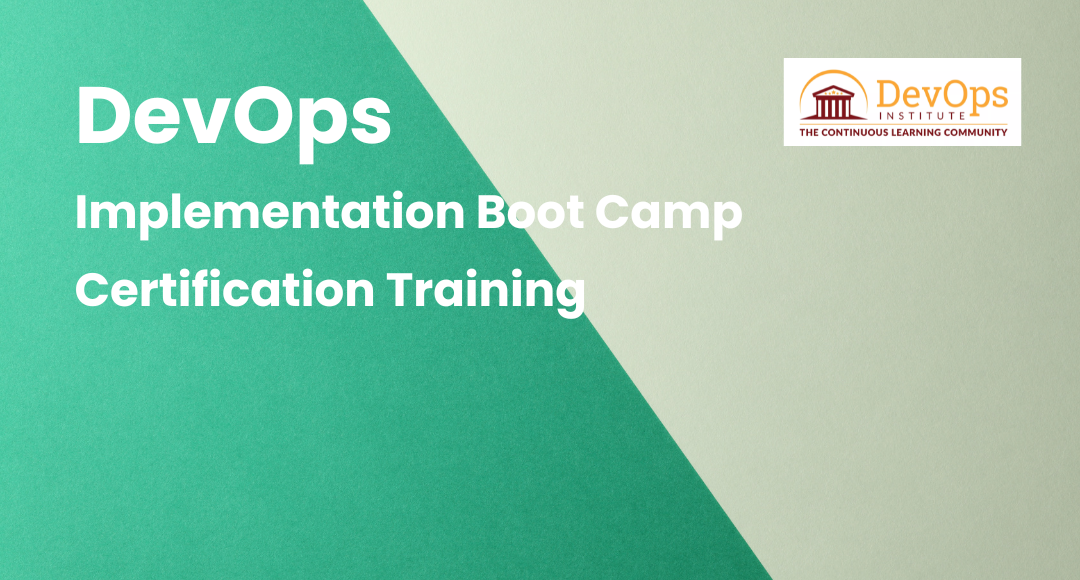
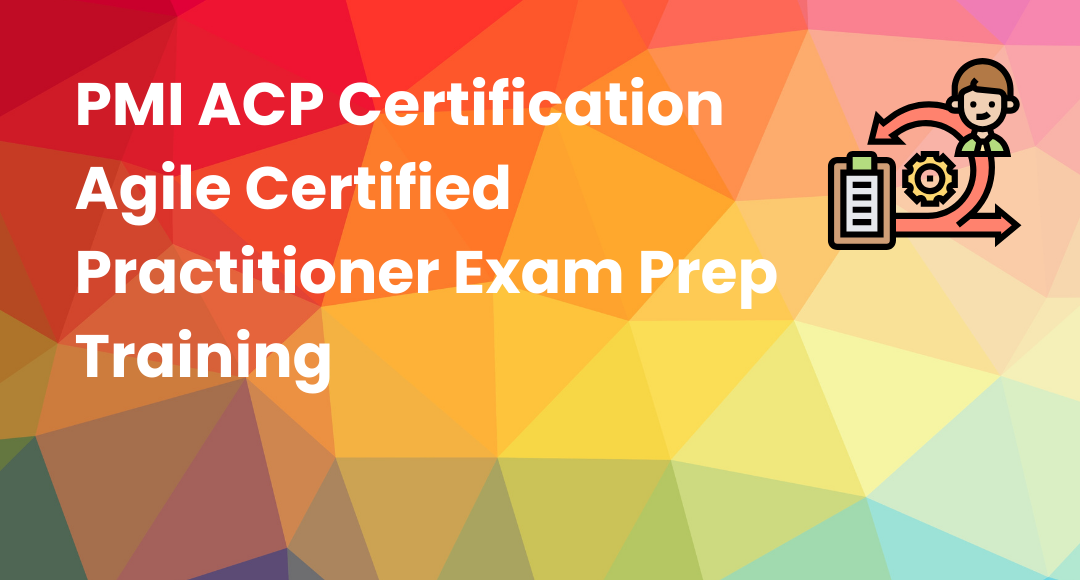
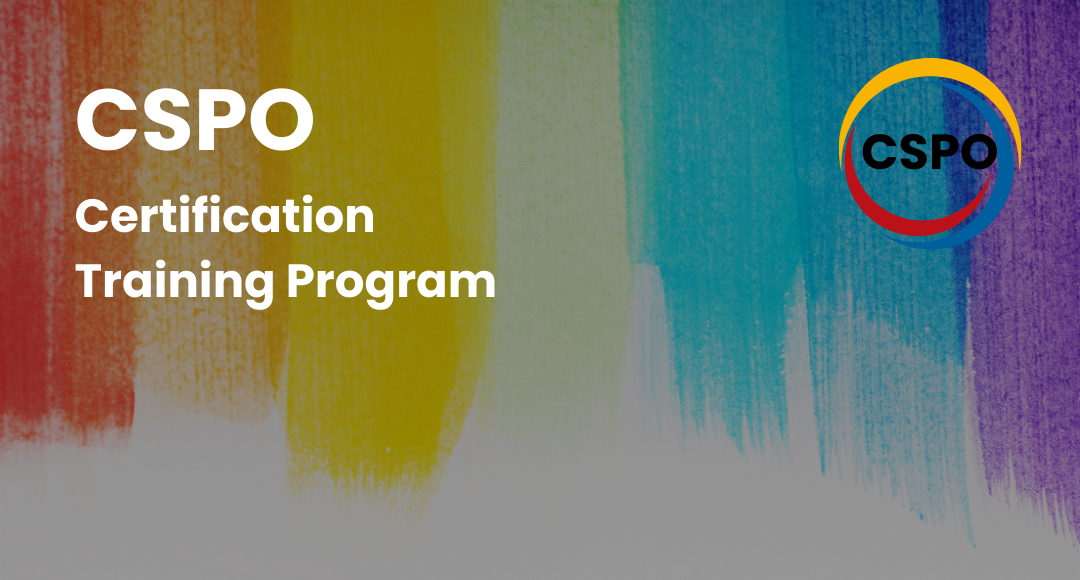
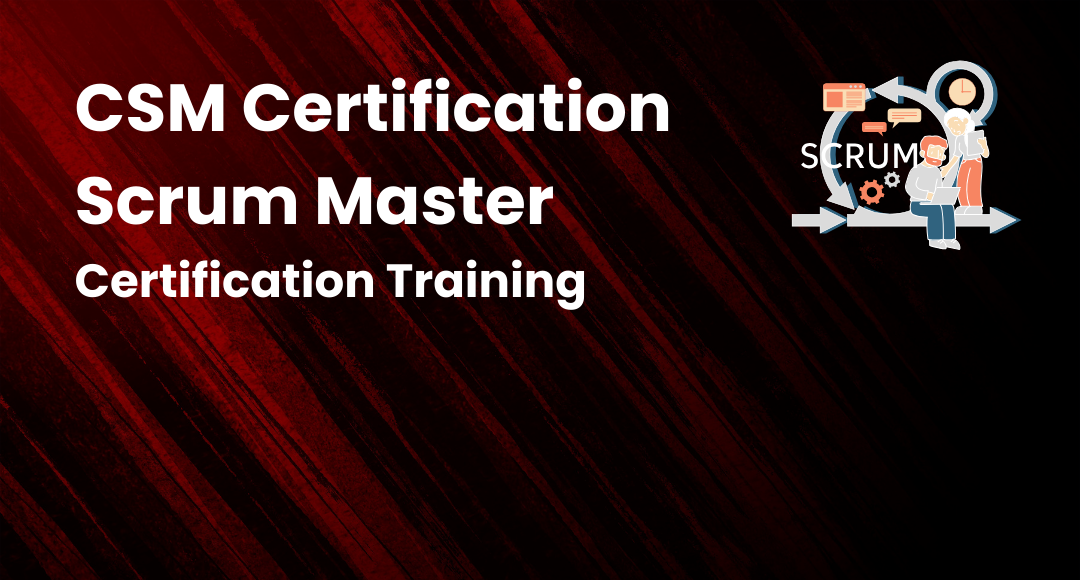
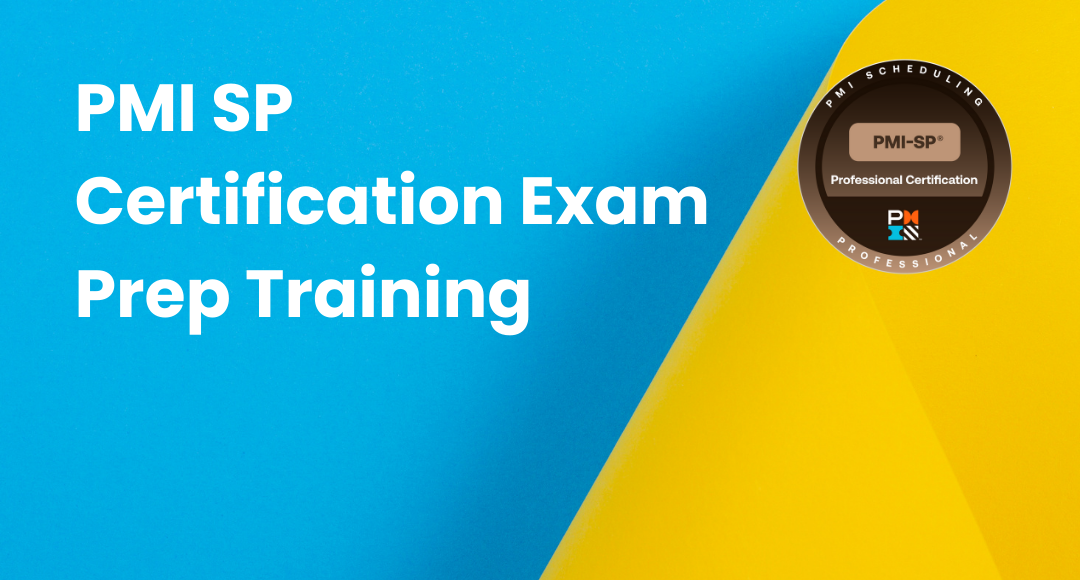
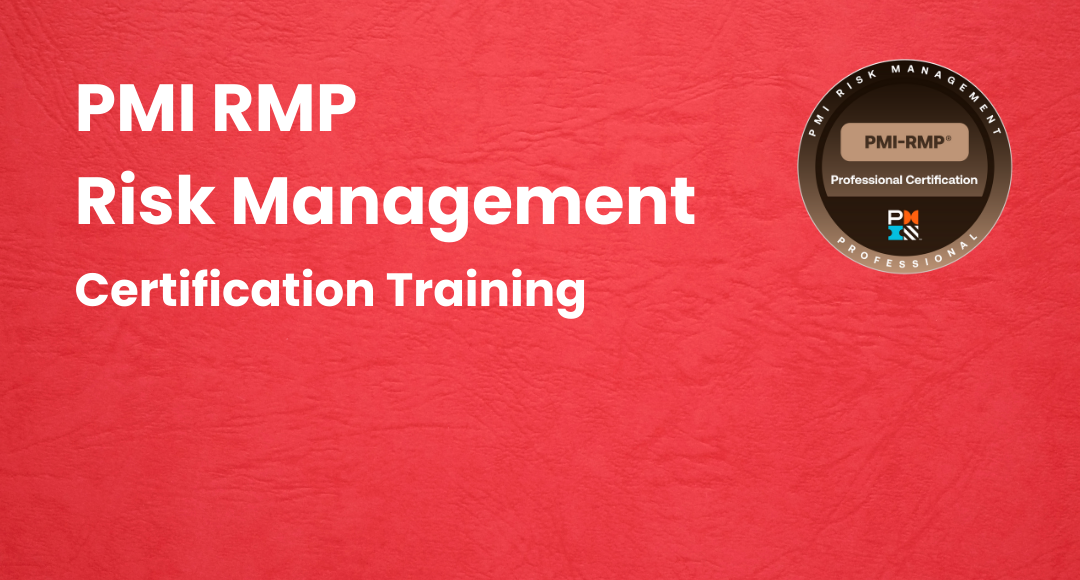
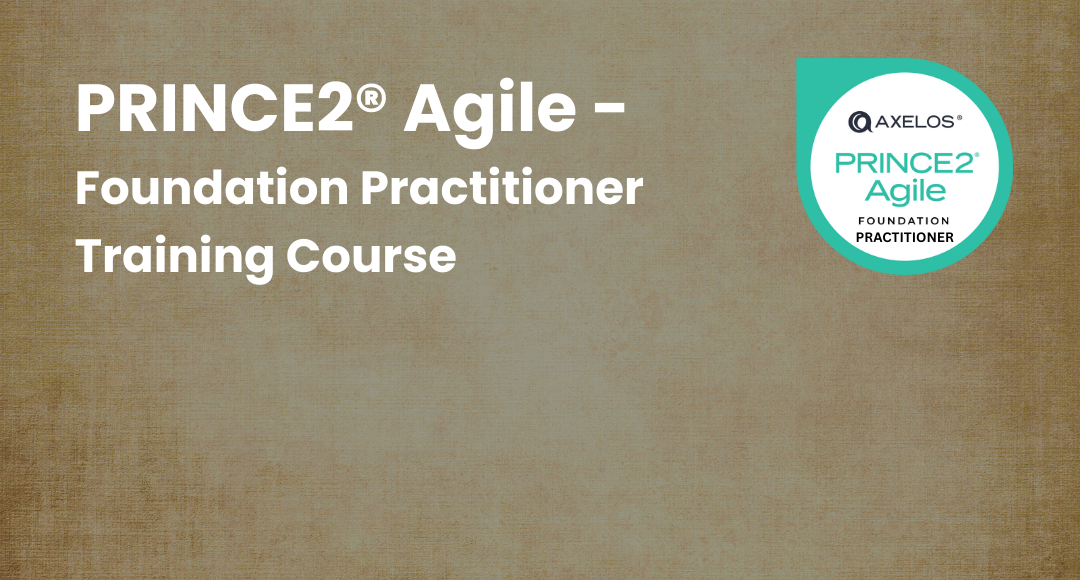
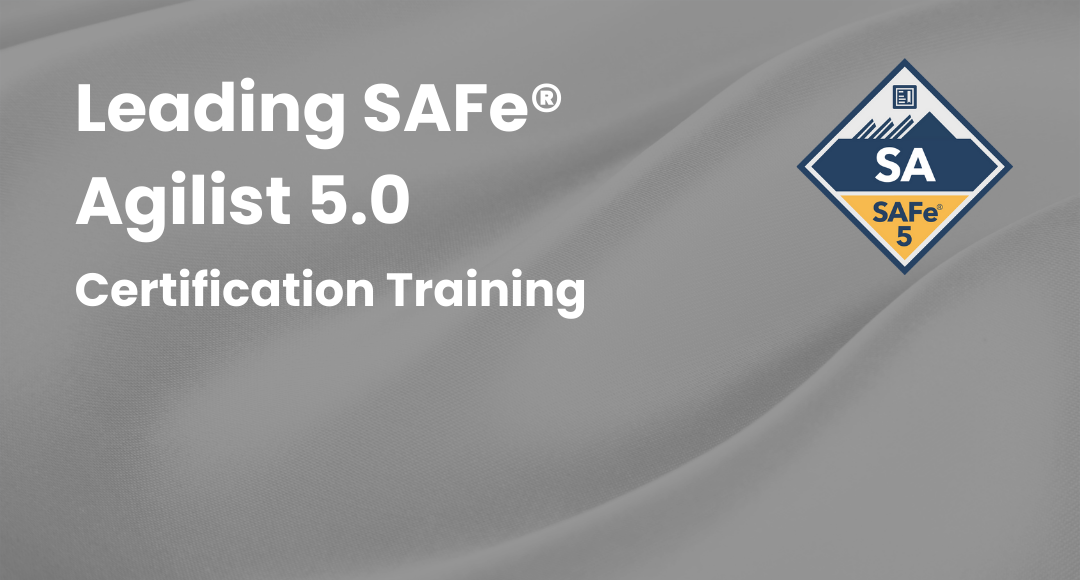
+Certification+Training.png)
